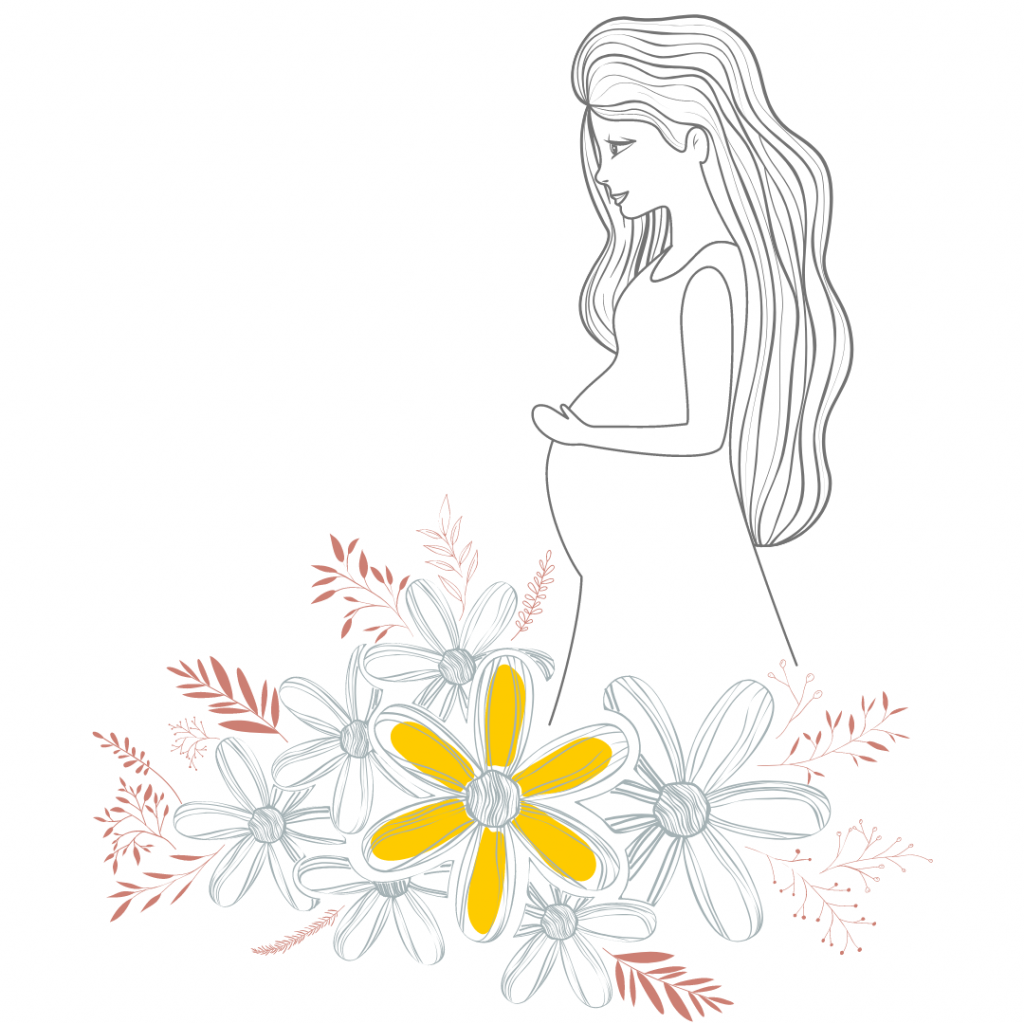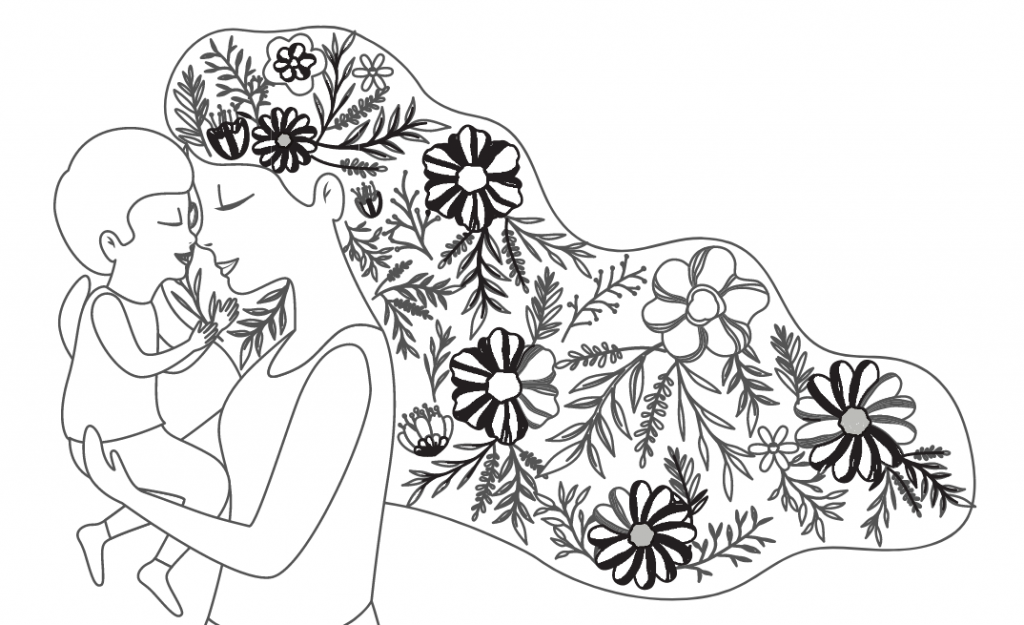by Gestalt Psychotherapist, Sophie Bonello Du Puis, M. Psych.
When searching for information on motherhood, the majority of research focuses on the physical well-being of the woman; but what about the psychological element? There are so many different factors which need to be accounted for in truly understanding the evolution and growth a woman experiences upon becoming a mother. Let us take a closer look..
Though many of us have tried to block it out, we all remember puberty. First came the pimples and stretch marks. And next, feeling awkward, euphoric, and disoriented about growing from one life stage to the next. Throughout adolescence, there are many physical and psychological changes happening to the body including hormones, relationships, and identities. BUT it is important to note that women also experience such a transformation when having a baby! And this stage is called Matrescence.

The birth of a mother brings about a series of very dramatic changes in the new mother’s physical being, in her emotional life, status within the group, and even in her female identity. Being a working woman prior to childbirth, to a woman concerned about whether to go back to work and on what terms. Moreover, from an independent woman making plans of her own, to being dependent upon meeting the needs of her infant.
Matrescence is quite often confused with postpartum depression, of which symptoms are more intense and last much longer. Symptoms would be so severe, that a person’s daily functioning collapses. On the contrary, the ‘baby blues’ consist of natural experiences including anxiety, irritability, mood swings and trouble sleeping.
Overall, there are four key elements which have a major impact on a woman’s identity:
Changing Family Dynamics
Pregnancy is more than creating a new human, it is also creating a new family. A baby is the catalyst that will open new possibilities for more intimate connections as well as new stresses in a woman’s closest relationships. Becoming a mother provides an opportunity for a do-over. In a way, she gets to re-experience her own childhood in the act of parenting, repeating what was good, and trying to improve what was not.
Ambivalence
It is a feeling which comes up in the relationships a person is most invested in because they are always juggling between giving and taking. Motherhood is no exception. Ambivalence is uncomfortable because two opposing feelings are being felt at the same time. The experience of motherhood is not good or bad, but it is both good and bad. It is important to learn how to tolerate and get comfortable with the discomfort.
Fantasy vs. Reality
By the time the baby arrives, a woman has already developed feelings about her fantasy baby. As pregnancy progresses, a woman creates a story about her child and becomes emotionally invested in that story. These fantasies are formed by her experiences of her own mother and other female relatives, including her community and culture. They may be powerful enough that reality disappoints if it does not align with her vision.
Guilt, Shame and “The Good Enough Mother”
There is also the ideal mother in a woman’s mind. She is always cheerful and happy, and always puts her child’s needs first. Most women compare themselves to this image, but they never measure up because she is a fantasy. Some think that “good enough” is not acceptable because it sounds like settling. However, striving for perfection sets women up to feel shame and guilt – it is an impossible goal.
Most women do not talk about feeling ashamed because they want to hide it. Shame is the feeling that there is something wrong with me. When women find themselves feeling lost somewhere between who they were before motherhood and who they think they should be now, many fear that something is terribly wrong, when in fact this discomfort is common.
Mothers need to get creative or lean on the support of friends, family, relatives, or paid help to claim the time they need to care for themselves. Taking small moments for self-care, such as a shower, workout, or dinner out with your partner, can make a big difference in your overall well-being. Connecting with other mums is also a great help!

In a society which defines motherhood as the most quintessential role for women, there are assumptions underpinning this cultural imperative that there is something known as the “perfect mother”. There is not. Mothers are human and flawed and are learning on the job. We need to respect that at best it will be imperfect simply because mothering is a trial-and-error experience.
Rather than feeling like something is “wrong with them,” let us encourage mothers to speak more openly with each other so that the beautifully messy challenges and joys of matrescence are as accepted in our culture as the ups and downs of adolescence. As a result, they might feel less alone, less stigmatized, and in turn, might even reduce rates of postpartum depression.
Thank you to Sophie for sharing these reassuring insights with us. To read more from Sophie, or to book a therapy session, visit her site, Thoughts of a Psychotherapist.



